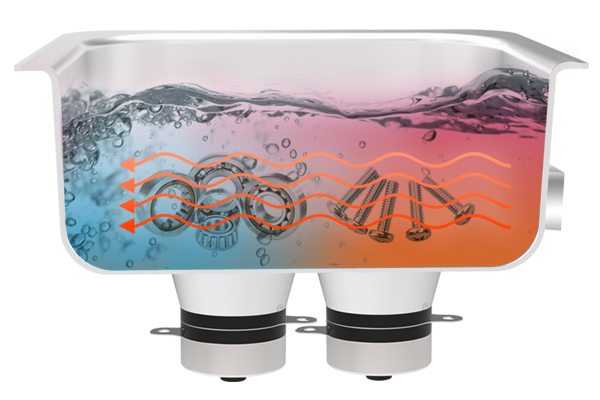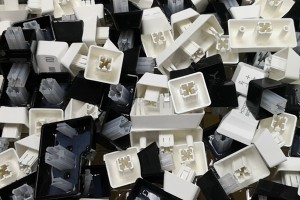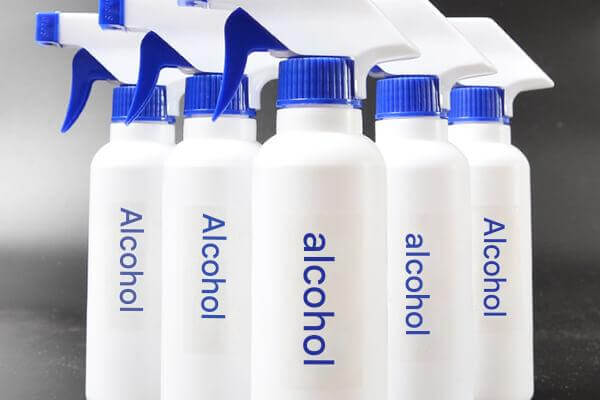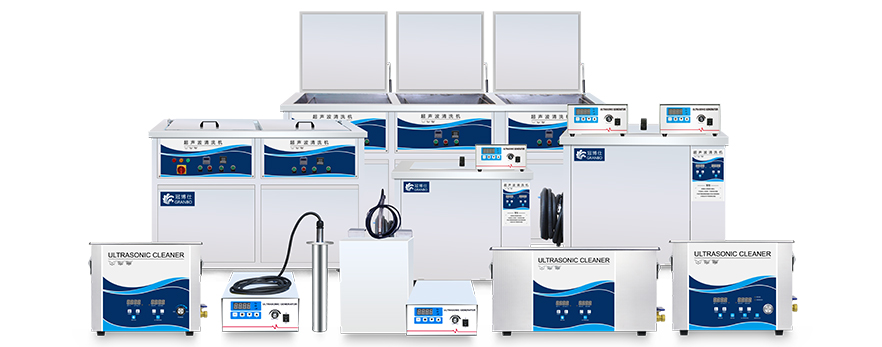In the pharmaceutical industry, equipment cleaning is a critical task that directly affects the quality and safety of drug production. From vials and rubber stoppers to reaction kettles and even mechanical components used in manufacturing and packaging, maintaining a high level of cleanliness is essential. This demand has driven the widespread adoption of ultrasonic cleaning technology.
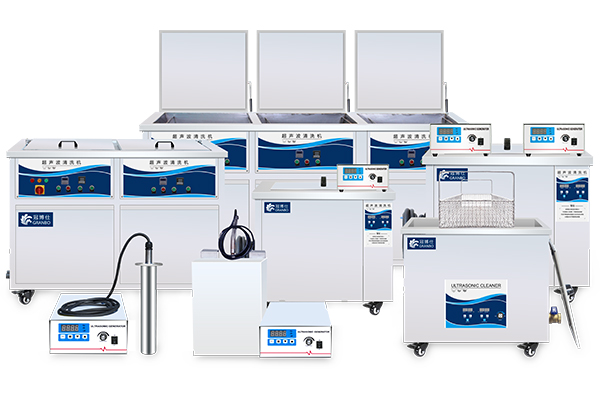
What Pharmaceutical Equipment is Suitable for Ultrasonic Cleaning?
Pharmaceutical industry equipment is diverse and complex. Ultrasonic cleaning, with its superior cleaning capabilities, excels in cleaning the following equipment:
- Laboratory Instruments and Glassware
Ultrasonic cleaning effectively cleans laboratory glassware such as beakers, test tubes, and pipettes used for analysis and research. It removes microparticles and stubborn residues, ensuring precision in experimental results.
- Challenging cleaning: Internal grooves, micropores, or complex-shaped instruments.
- Cleaning performance: Completely removes drug residues and deposits without manual scrubbing.
- Pharmaceutical Packaging Materials
Vials, rubber stoppers, and aluminum caps must be thoroughly cleaned before packaging. Ultrasonic technology not only removes surface dust but also cleans hidden areas like bottle mouths and interiors.
- Application scenario: Suitable for batch cleaning, improving efficiency while ensuring packaging cleanliness.
- Advantages: High cleanliness without residues, preventing cross-contamination.
- Production Machinery Components
Machinery components such as molds, conveyor belts, mixing blades, and reaction kettle parts are difficult to clean, particularly the gaps and joints where grease and drug residues accumulate.
- Cleaning method: Combining suitable cleaning liquids and heating functions, ultrasonic cleaning effectively removes stubborn contaminants.
- Performance: Avoids surface damage caused by manual cleaning.
Why is Ultrasonic Cleaning Suitable for Pharmaceutical Equipment?
The pharmaceutical industry has stringent cleanliness and hygiene standards. Ultrasonic cleaning machines offer several advantages:
- Precision Cleaning
The cavitation effect of ultrasonic waves can penetrate gaps and micropores, ensuring comprehensive cleaning, especially for complex structures or components that are difficult to clean manually.
- Efficiency
Compared to traditional cleaning methods, ultrasonic cleaning is faster and can handle large batches of equipment simultaneously. For example, cleaning multiple vials, rubber stoppers, or mechanical parts at once.
- Environmental Friendliness
The cleaning process requires minimal chemical cleaning agents, reducing environmental pollution and aligning with the pharmaceutical industry’s sustainability goals.
- Safety
Using gentle water-based cleaning agents with ultrasonic waves prevents corrosion or damage to the cleaning objects, making it ideal for cleaning valuable or precision equipment.
Key Considerations When Choosing Ultrasonic Cleaning Equipment
Pharmaceutical companies should consider the following factors when selecting an ultrasonic cleaning machine:
- Capacity and Size
Choose equipment that fits the size and quantity of the items to be cleaned. For example, small tabletop machines for laboratory glassware and large industrial tanks for production equipment.
- Frequency and Power
- Frequency: Typically, 28kHz is suitable for cleaning large equipment, while 40kHz or higher frequencies are ideal for precision instruments.
- Power: Choose based on the level of contamination. Insufficient power may result in incomplete cleaning.
- Temperature Control
It is recommended to choose equipment with temperature control features. The ideal cleaning temperature for the pharmaceutical industry is 30-45°C, which can be used with enzymatic cleaning solutions.
- Automation and Additional Features
Features like automatic timers and filtration cycles improve cleaning efficiency, save operation time, and maintain the cleaning fluid’s purity.
The cleaning quality of pharmaceutical equipment is directly related to the safety and compliance of drug production. Ultrasonic cleaning technology, with its high efficiency, environmental friendliness, and non-damaging properties, has become an essential choice in this field. Whether for small laboratory glassware or large production equipment, ultrasonic cleaning ensures higher cleanliness and production efficiency while meeting the industry’s strict hygiene standards.

